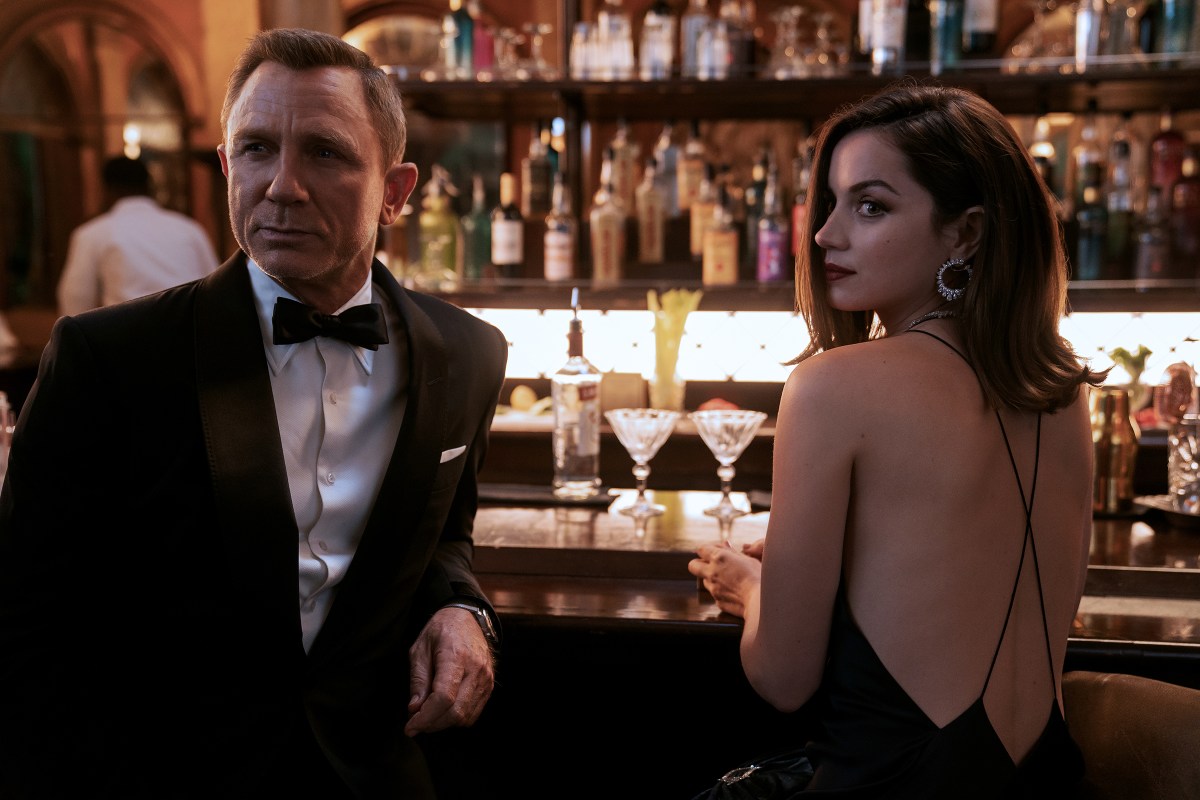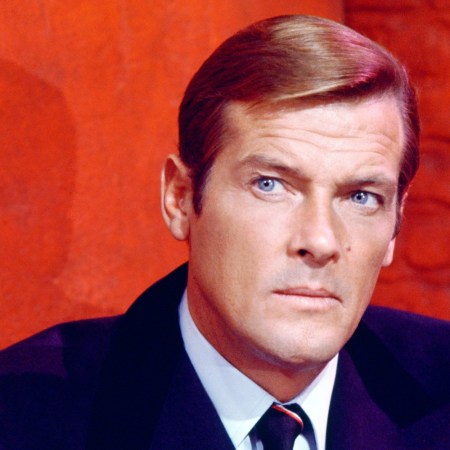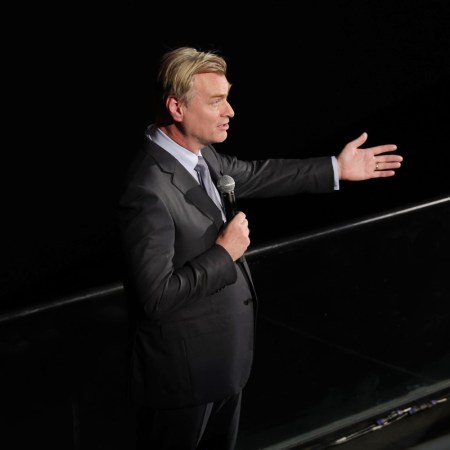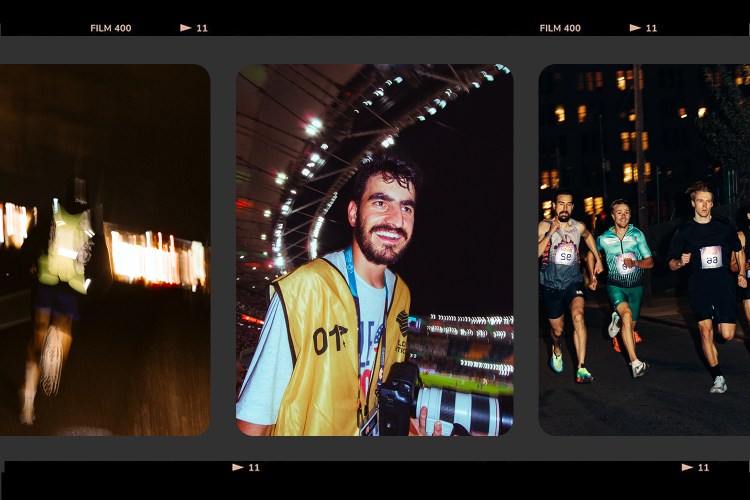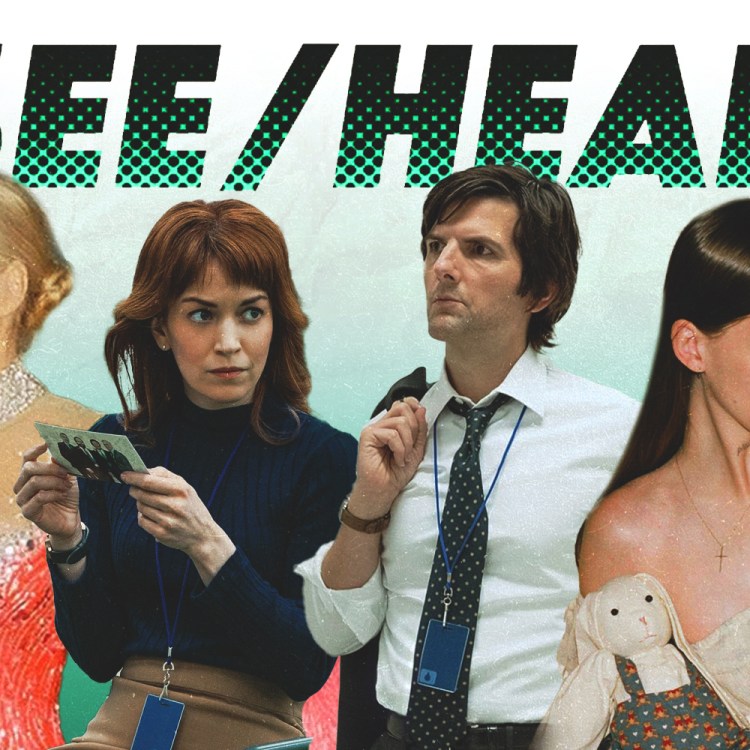Daniel Craig began playing James Bond in 2006, 15 years ago. A quick refresher on just how long it’s been: George W. Bush was the sitting President, and the War on Terror had yet to stretch into unending-quagmire territory. The smartphone was the province of workaholics, the Blackberry treated more like office supplies than the consumer-friendly iPhone that wouldn’t be announced for another year. The vast majority of movie theaters still had a ways to go before making the jump to digital projection, meaning that most audiences saw Craig’s debut Casino Royale on good old analog film. Léa Seydoux, the female lead of the upcoming No Time to Die, had just landed her very first feature role, her splashiest gig up to that point: a topless modeling job for American Apparel. It’s not a value judgment or criticism to note that the current 007 comes to us from a world that no longer exists.
His onscreen swan song as the most well-known secret agent on the planet evinces an awareness of as much, bringing closure to the actor’s tenure with a satisfying sense of finality. Craig has headlined the franchise for a greater span of time than any of his predecessors (if we’re willing to discount Never Say Never Again, the non-canonical Sean Connery one-off produced independent of rights-holder Eon following a protracted legal dustup), and even though he’s diligently maintained his jockish physique, it’s begun to show. As made clear in his newly-freed-man interviews, he’s more than ready to close the book on this chapter of his life, and the new film does him the courtesy of bidding him a formal farewell. No Time to Die retires Old Man Bond in reverent yet melancholy fashion, head-on confronting the reality that his era has passed while accepting that we’ll all be alright without him. One of the character’s defining traits is his agelessness; he’s been dashing and spry for almost 60 years now. But more than ever before, perhaps for the first time in the series, the film wants us to feel his finite youth slipping away.
Craig enlisted with MI6 in part as a change of pace from the urbane, witty Pierce Brosnan. His arrival heralded a terser, more brutal iteration of the character, fit for an era of unsmiling, grit-ified action protagonists. Bond needed his own Batman Begins, and the actor who’d previously showed off his intensity and physicality with choice roles in Munich and Road to Perdition presented the ideal candidate. His punches landed harder than Brosnan’s, his beatdowns more severe due to the upped solemnity of the overall tone. Those inclined to political analysis framed him as an extension of Dubya doctrine, the inevitable product of a torture-first, ask-questions-never culture. The memorable bit from Casino Royale in which Mads Mikkelsen whips our tied-up hero’s testicles straddles the line between friendly BDSM and a postcard from Abu Ghraib.
But tastes change more easily than James Bonds. (Or is it Jameses Bond, like Attorneys General?) The awkward insertion of Phoebe Waller-Bridge’s punch-ups to the script point to a deeper shift in what audiences want from their megabudget entertainment, the lighter atmosphere of Marvel’s output now in vogue. The plots have adapted to that particular money factory’s influence by going all in on connected continuity, with Spectre fumbling to weave together all the films in Craig’s term under the aegis of a supervillain syndicate. While this choice has mostly proven dead weight needlessly extending the bloated run times, Craig’s performance has been immune to it. He’s maintained his martini-dry delivery on the quips he’s allotted, his determined underplaying of these beats the reason that one unmistakable Waller-Bridge line name-checking The Book of Mormon doesn’t sound right coming from him.
Bond utters that dialogue in his first scene with Billy Magnussen’s CIA contact Logan Ash, one of several millennials annoying him in this installment. Ash introduces himself as a huge fan of 007 in a meta flourish of questionable usefulness, then creeps his idol out by smiling too much instead of blending with the laconic default of espionage. His lack of chillness is shared by the bubbly Paloma, Bond’s local liaison in Havana played by an all-too-briefly-seen Ana de Armas. The two of them get along much better — may have something to do with how she looks gunning down enemy combatants while rolling around on the floor in an evening gown — yet she doesn’t gel with the rest of his grave, solitary lifestyle.
And then there’s Lashana Lynch as Nomi, the official holder of the 007 codename while Bond’s off doing his own thing. As a by-the-book company woman, she’s an antithesis to his surly antiauthoritarian bent, and as the first Black female operative to hold his famed number, she’s an emissary of the future set to bulldoze his status quo. She and her predecessor bristle when forced to work together, in part due to Bond’s ability to recognize the regimented, accountability-driven workplace she represents. Gone are the days when he could come and go as he pleased, bedding whoever might cross his path. (He keeps it in his pants for the entirety of this film’s nearly three hours.) Nomi logs her hours and files her paperwork, acclimated to a professional environment with a greater degree of oversight. Throw in the still-boyish Q and Rami Malek’s utterly forgettable villain Lyutsifer Safin, and it’s never been so apparent that Bond’s surrounded by people younger than him.
As the living legend comes to grips with the fact that he’ll soon be just a legend, however, he finds a version of middle age worth holding onto. New-to-Bond director Cary Joji Fukunaga places more emphasis on the relationship between Bond and paramour Dr. Madeleine Swann (Seydoux), cast off by him in the first act due to the usual “I’m too dangerous for you” rationales. Five years later, their paths cross once again and he’s surprised to find that she’s raising a kid she insists isn’t his, despite the fact that little Mathilde has his SFX-enhanced blue eyes. Insinuating himself into this fragment of a family unit energizes Bond with newfound purpose, his motivation stronger when protecting the girl’s precious stuffed animal than defusing bombs or picking off Spectre goons. Seeing one of fiction’s most eligible bachelors going Dad Mode can be disarming, at times comical, as in the shot of him clutching the child like he wishes Q could whip up a laser-equipped Baby Bjorn. But with Craig’s arc characterized by constant, leveling traumas, there’s something a little touching about watching him find something to live for.
As poetic as Bond’s maturation and decline might be, the nature of these films won’t allow him to fall too far. Any longness of tooth doesn’t show in his fight choreography, which has him smacking around guys a fraction of his age. The story, even as it bids him a stone-faced farewell, contours itself to his potency and relevancy. In a scene that gets more egregious the longer one thinks about it, Nomi willingly returns the title of 007 to Bond out of respect, short-changing and undermining whatever forward motion her character was supposed to signify. This moment’s scraping friction betrays the internal conflict to be resolved with next year’s planned coronation for a new holder of the tuxedo. No Time to Die, though still yoked to Craig’s bond for one last outing, knows that the time has come to move on. The only question is to whom. If each Bond gives way to an equal and opposite portrayal, then all we know is it’ll be someone with a lighter step, coming to fill the big shoes Craig leaves behind.
This article was featured in the InsideHook newsletter. Sign up now.
